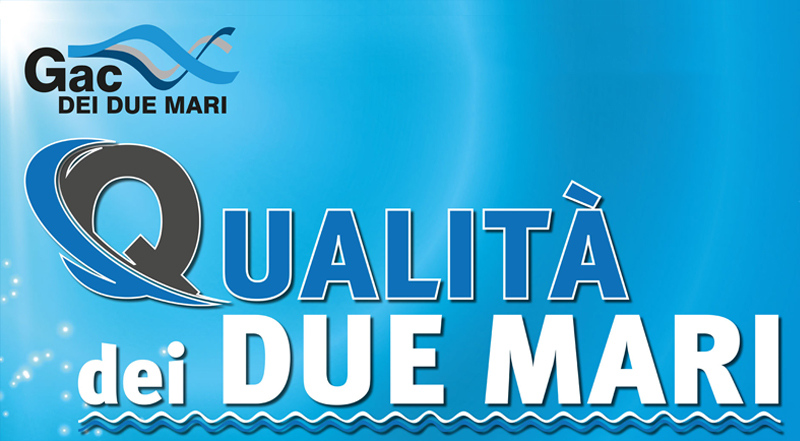Wa ter pills, likewise known as diuretics, are frequently utilized to deal with conditions like high blood pressure, edema, and specific kidney problems. They work by boosting the quantity of pee your body generates, which aids remove excess water and sodium from your system. If you’re taking into consideration taking water pills or have just recently been suggested them, you may be questioning exactly how swiftly they start working and what to expect. In this short article, we’ll discover the rate at which water tablets work and supply you with the information you require to understand.
Before we look into the specifics, it is necessary to remember that the performance of water pills can vary from one person to another. Aspects such as the kind of diuretic, dosage, individual body chemistry, and the underlying condition being dealt with can influence exactly how promptly you’ll see outcomes. It’s constantly best to consult with your healthcare provider for customized recommendations.
The Different Kinds Of Water Tablets
There are a number of sorts of diuretics available, and each operate in slightly various methods. The speed at which they work can differ depending upon the particular drug. Let’s explore the major categories of water tablets:
- Thiazide Diuretics: Thiazide diuretics, such as hydrochlorothiazide, are generally suggested for conditions like hypertension. These tablets typically start functioning within 2 hours of consumption, with peak impacts happening within 4-6 hours.
- Loophole Diuretics: Loophole diuretics like furosemide are commonly utilized to treat edema and cardiac arrest. They have a tendency to work quicker than thiazide diuretics, with impacts beginning within 1 hour and coming to a head within 2 hours after intake.
- Potassium-Sparing Diuretics: Potassium-sparing diuretics, such as spironolactone, are generally prescribed alongside other diuretics to assist preserve potassium degrees in the body. These pills may take longer to begin working, with impacts usually seen within 2-4 days.
- Osmotic Diuretics: Osmotic diuretics, like mannitol, are often used in health center settings to reduce intracranial pressure or deal with acute kidney failing. These medicines are commonly carried out intravenously and function swiftly, with impacts seen within minutes to an hour.
Elements Affecting the Speed of Action
While the kind of diuretic plays a role in how quickly it works, various other elements can also affect its speed of action:
- Dose: Greater doses of diuretics are generally connected with faster outcomes. However, it’s important to follow your doctor’s recommended dosage to prevent prospective adverse effects.
- Hydration Degree: The level to which you’re hydrated can affect how your body reacts to water pills. If you’re dehydrated, the diuretic effect might be a lot more obvious, leading to faster outcomes.
- Underlying Condition: The problem being treated can affect the speed of activity. For instance, edema caused by heart disease may react more quickly to diuretics contrasted to edema brought on by liver disease.
- Specific Variants: Everyone’s body chemistry is special, which means the reaction to diuretics can vary. Aspects such as age, general health, and hereditary tendencies can all impact exactly how swiftly water pills take effect.
What to Expect When Taking Water Pills
When you begin taking water tablets, it’s vital to have realistic assumptions and understand possible negative effects. Right here’s what you can expect:
- Enhanced Peeing: The main effect of water tablets is raised urine manufacturing. As a result, you may notice much more constant urination.
- Reduced Water Weight: Water retention can contribute to short-term weight gain. Water tablets can help reduce excess water in your body, leading to a decrease in water weight.
- Flushed Electrolytes: Some diuretics can influence the balance of electrolytes in your body, especially potassium and sodium. Your healthcare provider may check your electrolyte degrees through blood tests to guarantee they remain within a healthy variety.
- Possible Side Effects: Like any type of drug, water tablets can have side effects. These might include dizziness, faintness, dehydration, muscle mass cramps, and adjustments in blood pressure. If you experience severe or persistent side effects, it’s vital to look for medical interest.
When to Speak With a Doctor
While water pills are typically risk-free, it is very important to talk to your doctor prior to beginning or adjusting any type of drug. They can provide personalized guidance based upon your particular needs and guarantee that water pills are the right selection for you. It’s particularly crucial to seek clinical focus if you experience extreme side effects or have any kind of concerns concerning your therapy plan.
Remember, the information supplied in this article works as a cardiobalance se vende en farmacias general summary and ought to not replace professional clinical advice. Your doctor is the most effective source of info regarding your certain situation.




